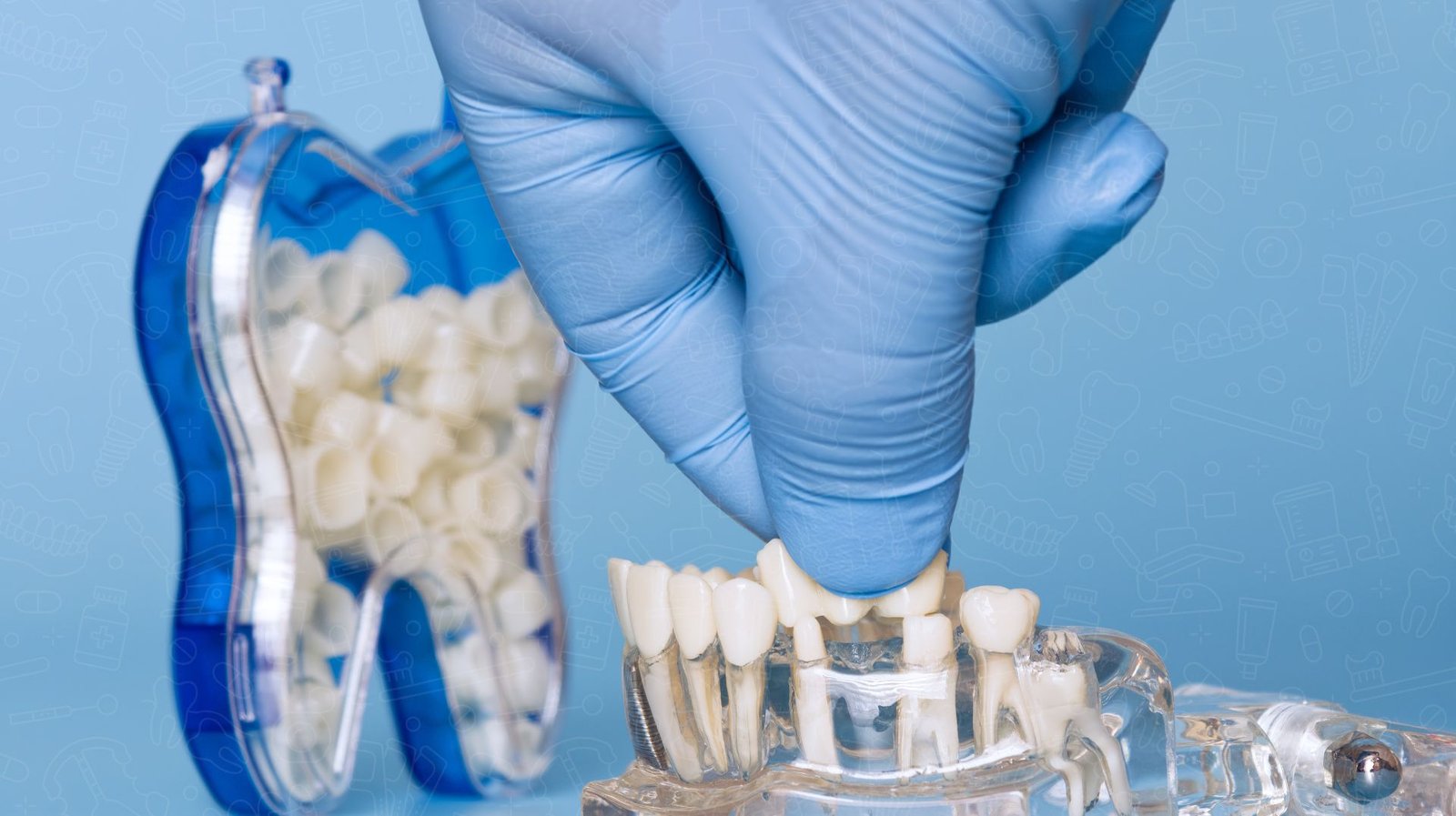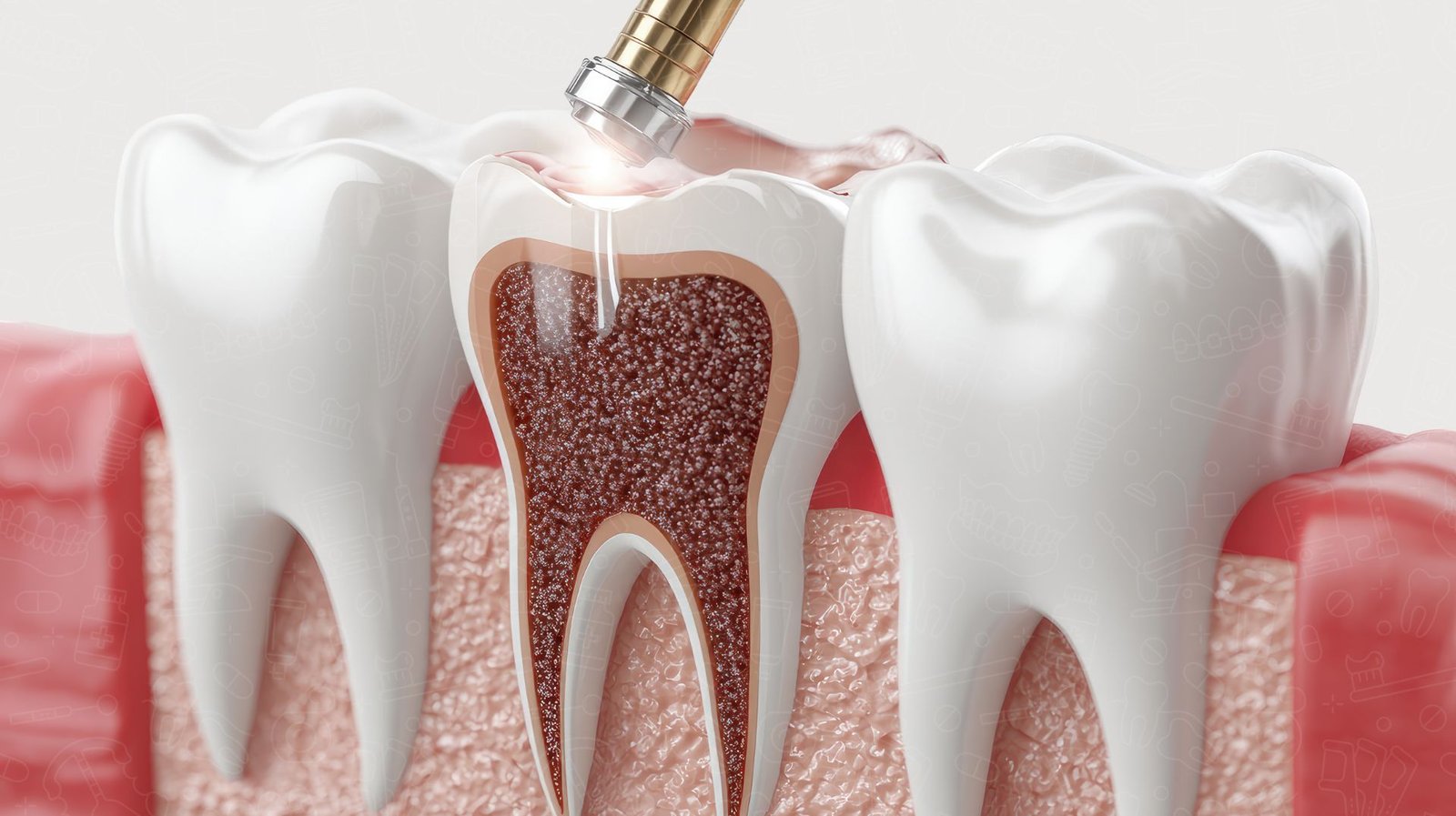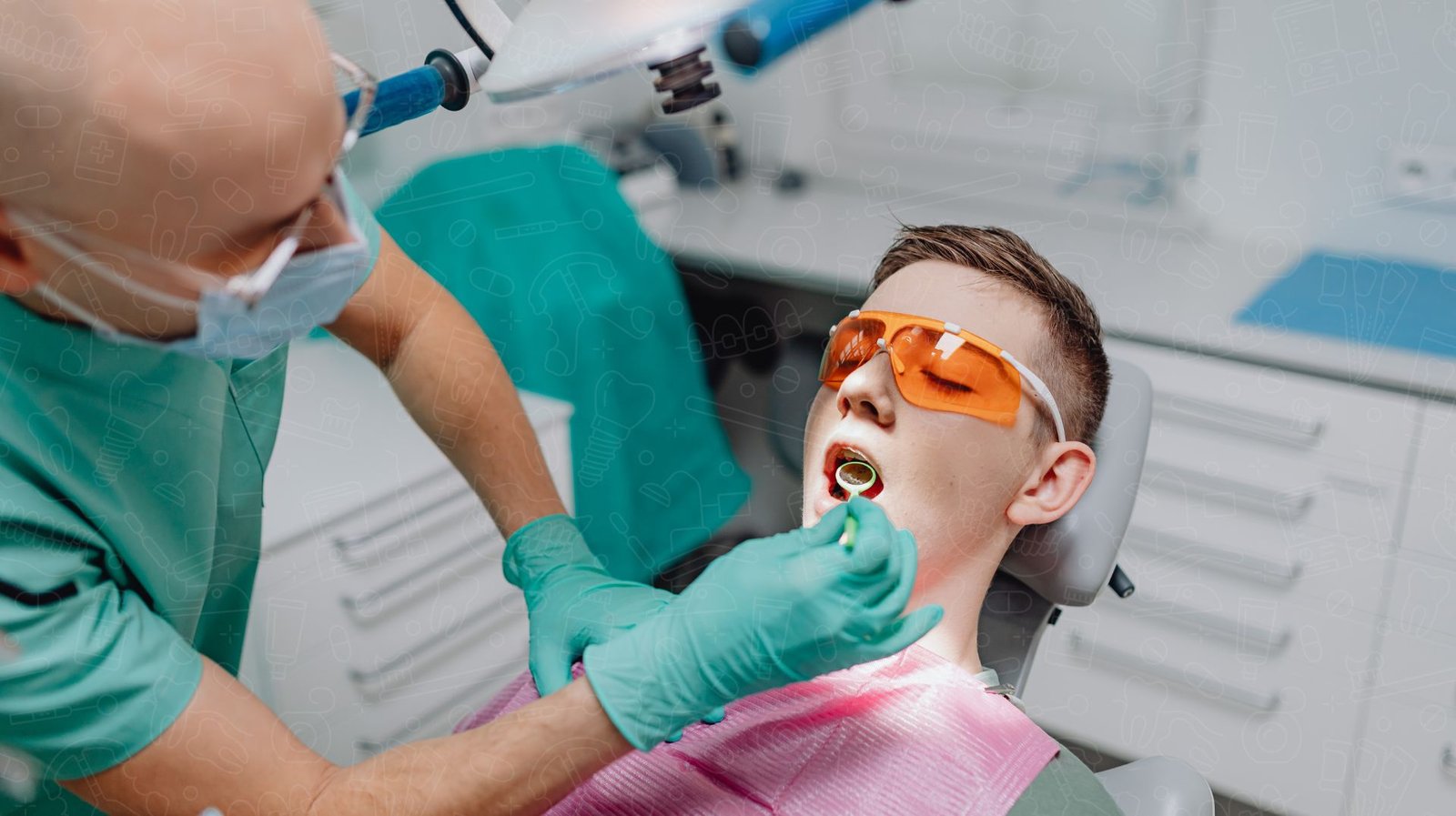Introduction to Teen Dental Health
Teen dental health encompasses the oral well-being of adolescents, focusing on maintaining healthy teeth, gums, and overall oral hygiene practices. During adolescence, oral care becomes crucial due to the transition from childhood to adulthood, where habits established can impact long-term dental health significantly.
Common Dental Issues in Teens
Teen dental health is often challenged by several prevalent dental problems that can impact their oral well-being. Common issues among teenagers include cavities, gum disease, and orthodontic concerns.
Cavities: Cavities, also known as dental caries, are one of the most common teen dental health problems. They result from the buildup of plaque, a sticky film of bacteria and food debris, on the teeth. When plaque combines with sugars from foods and drinks, it produces acids that erode tooth enamel, leading to cavities. Factors contributing to cavities in teens include poor oral hygiene, frequent consumption of sugary and acidic foods, and irregular dental visits.
Gum Disease: Gum disease, also called periodontal disease, encompasses conditions ranging from gingivitis (mild inflammation of the gums) to periodontitis (severe gum infection). In teens, gum disease often stems from inadequate oral hygiene practices such as infrequent brushing and flossing. Plaque buildup along the gum line can irritate and inflame the gums, causing redness, swelling, and bleeding. If left untreated, gum disease can progress, leading to gum recession, bone loss, and even tooth loss.
Orthodontic Issues: Orthodontic problems are another common concern among teenagers. These issues may include misaligned teeth, overcrowding, overbite, underbite, or crossbite. These conditions can affect not only the appearance of the smile but also oral function, speech, and overall dental health. Orthodontic issues may arise due to genetic factors, improper jaw development, early loss of baby teeth, or habits like thumb-sucking or tongue thrusting.
The consequences of these teen dental health issues can be significant. Untreated cavities can progress and lead to tooth decay, infections, and tooth loss, impacting chewing ability and overall oral function. Gum disease, if left unchecked, can result in gum recession, bone damage, and increased susceptibility to systemic health problems like heart disease and diabetes. Orthodontic issues may cause discomfort, affect self-esteem, and hinder proper dental alignment, leading to bite problems and difficulty maintaining oral hygiene.
It's essential for teenagers to understand the causes and consequences of these dental issues to prioritize their oral health. Practicing good oral hygiene, adopting a balanced diet, attending regular dental checkups, and addressing orthodontic concerns early are key steps in maintaining optimal teen dental health.
Importance of Teen Dental Care
Regular dental checkups and cleanings are essential for teens to maintain optimal oral health. These visits allow dentists to detect and address dental issues early, preventing further complications. Preventive measures like fluoride treatments and dental sealants can also safeguard teens' teeth against decay and other problems.
Prevention Strategies for Teen Dental Health
Proper oral hygiene practices play a vital role in teen dental health. Encouraging teenagers to brush their teeth at least twice a day, floss daily, and use mouthwash can remove plaque and bacteria, reducing the risk of cavities and gum disease. A balanced diet rich in calcium, vitamins, and minerals supports strong teeth and gums.
Orthodontic Care for Teens
Orthodontic evaluation and treatment are crucial for addressing misaligned teeth, bite issues, and other orthodontic concerns in teenagers. Braces, clear aligners, or other orthodontic interventions can improve dental alignment, enhance oral function, and boost self-confidence.
Impact of Lifestyle Choices
Lifestyle choices such as diet, tobacco use, and oral piercings can significantly impact teen dental health. Consuming sugary and acidic foods and drinks can contribute to tooth decay, while smoking or using tobacco products can lead to gum disease and oral cancer. Oral piercings may increase the risk of infections and damage to teeth and gums.
Educating Teens about Dental Health
Educating teens about dental health is crucial for promoting lifelong oral well-being and preventing dental issues. Here's why dental education and awareness are essential for teenagers, along with effective strategies to engage them in taking responsibility for their oral hygiene.
Importance of Teen Dental Health Education
Dental education plays a vital role in empowering teens to understand the significance of oral health and its impact on overall well-being. Teen dental health education equips them with knowledge about common dental issues, preventive measures, and proper oral hygiene practices. By educating teens about dental health, we can instill lifelong habits that contribute to healthy teeth and gums.
Strategies to Engage Teens in Dental Health:
- Interactive Workshops and Presentations: Organize interactive workshops or presentations in schools or community centers to educate teens about dental hygiene. Use engaging visuals, videos, and demonstrations to make the learning experience informative and enjoyable.
- Peer Education Programs: Implement peer education programs where older teens mentor younger peers on dental health topics. Teens often respond positively to advice and guidance from their peers, making this approach effective in promoting oral hygiene practices.
- Digital Resources: Utilize digital platforms such as social media, websites, and mobile apps to share educational content about dental health. Create engaging posts, quizzes, and videos that resonate with teens and encourage them to learn more about caring for their teeth and gums.
- Incorporate Oral Health in School Curriculum: Advocate for including oral health education in school curriculums. Integrate lessons on brushing techniques, the importance of regular dental checkups, and the impact of diet on dental health into science or health education classes.
- Promote Positive Role Models: Highlight the importance of dental health by showcasing positive role models, such as athletes or celebrities, who emphasize the value of maintaining a healthy smile. Teens often look up to influencers, making them more receptive to oral health messages.
- Hands-On Activities: Organize hands-on activities like dental health fairs or oral hygiene workshops where teens can participate in interactive activities like brushing demonstrations, flossing challenges, and learning about healthy snack choices for teeth.
- Gamification: Gamify dental education by creating fun challenges, quizzes, or reward systems related to oral hygiene. Offer incentives or rewards for teens who demonstrate good oral care habits, such as completing a dental hygiene checklist or attending dental checkups regularly.
By implementing these strategies, we can effectively educate and engage teens in taking responsibility for their oral hygiene, fostering a generation of individuals with strong dental awareness and healthy dental habits.
Parental Involvement and Support
Parents play a vital role in promoting good dental habits and ensuring regular dental visits for their teens. Providing guidance, encouragement, and positive reinforcement can motivate teenagers to prioritize dental care. Parents can also lead by example by practicing good oral hygiene habits themselves.
Conclusion
In conclusion, teen dental health is fundamental for overall well-being and confidence. By addressing common dental issues, emphasizing preventive care, promoting healthy lifestyle choices, and fostering dental education, teens can enjoy a lifetime of healthy smiles. Encouraging parental involvement and support further strengthens dental care efforts, ensuring teens maintain optimal oral health for a bright and confident future.





